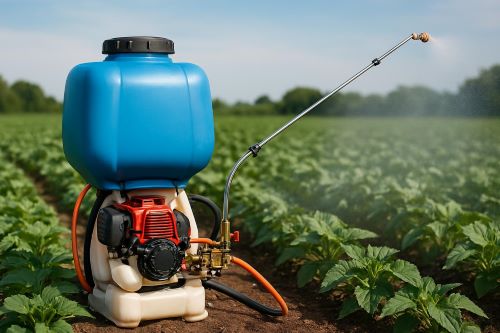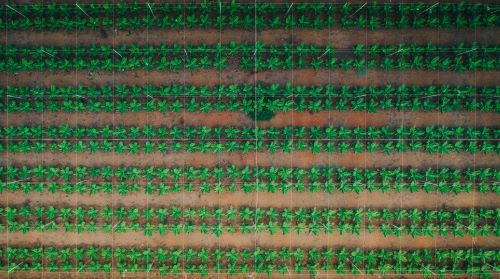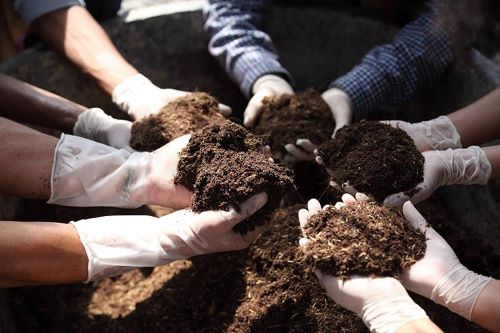
Is a Dual Motor Sprayer Worth the Higher Price?
real-world use cases and comparisons with single motor models that reveal what spec sheets won’t tell you.








© 2024 Crivva - Business Promotion. All rights reserved.